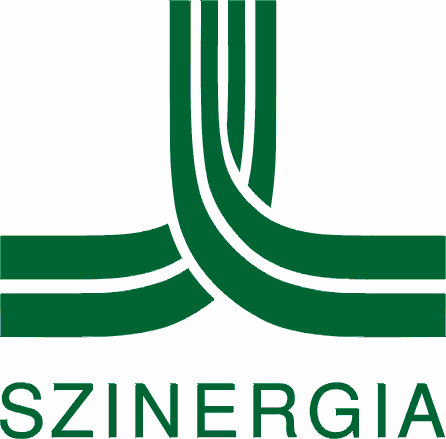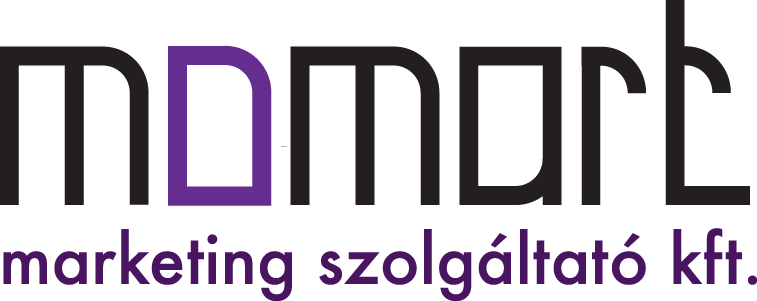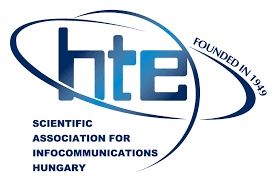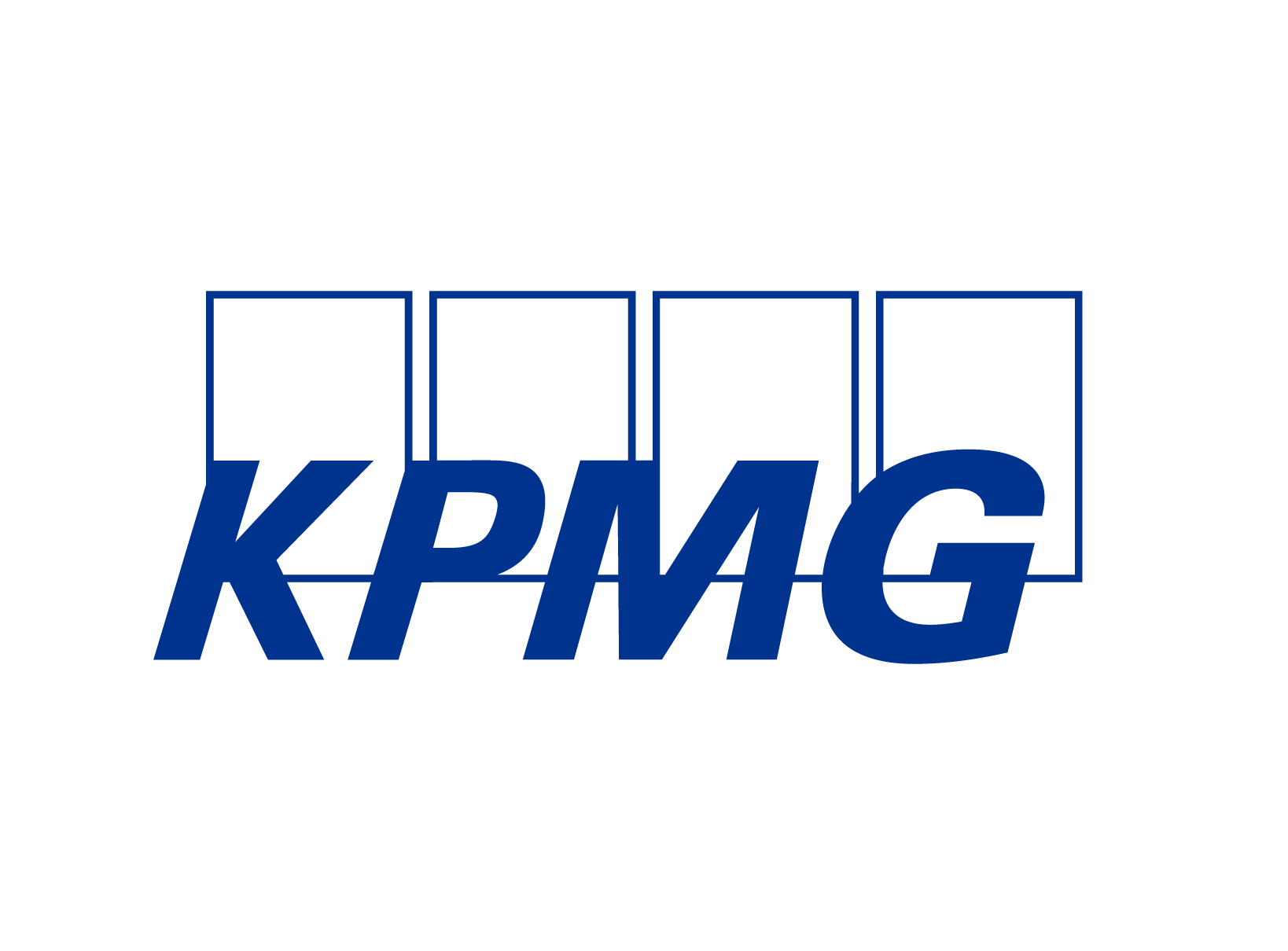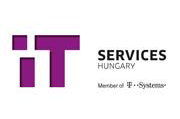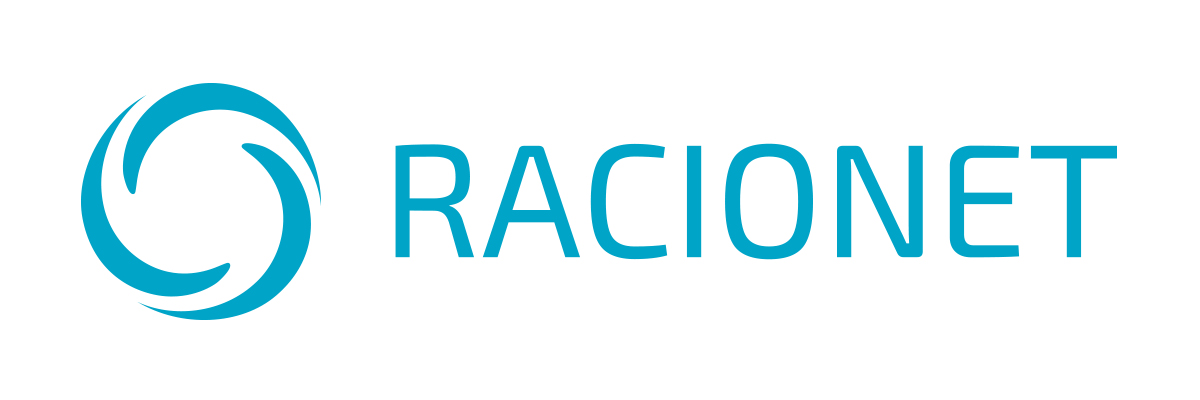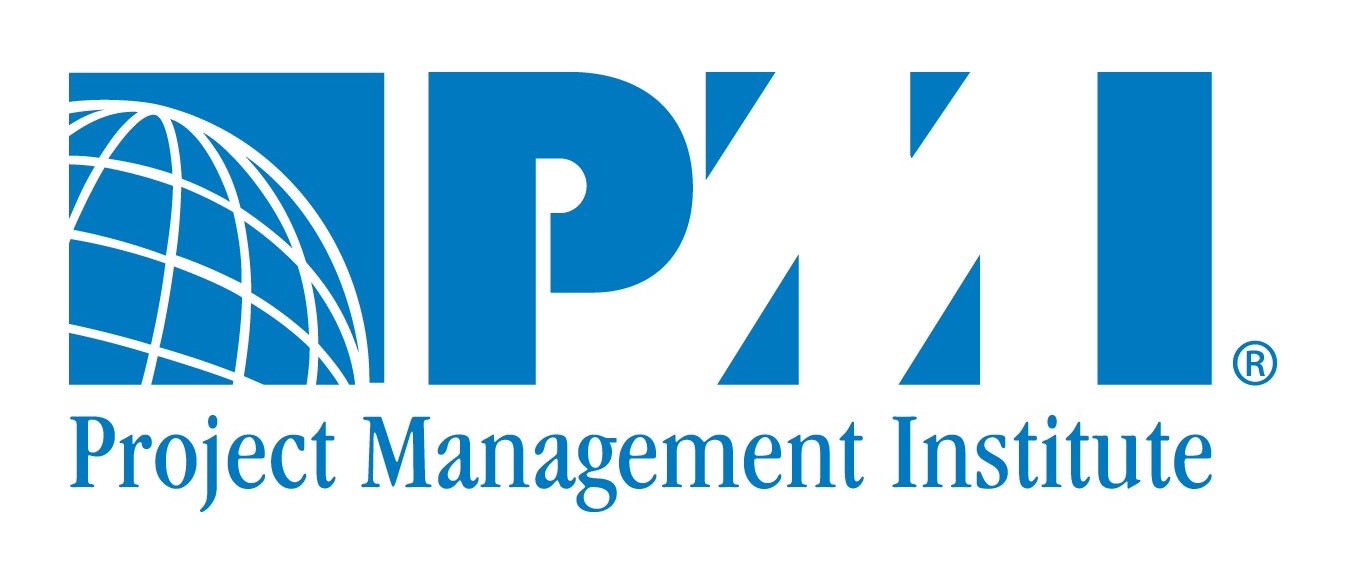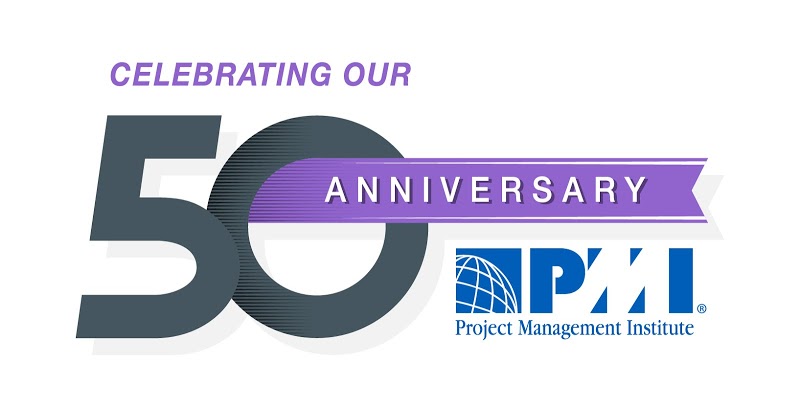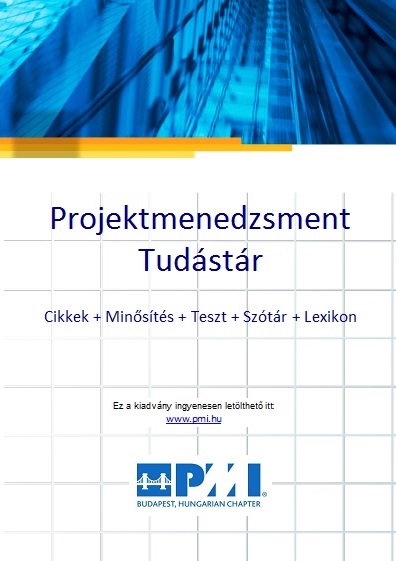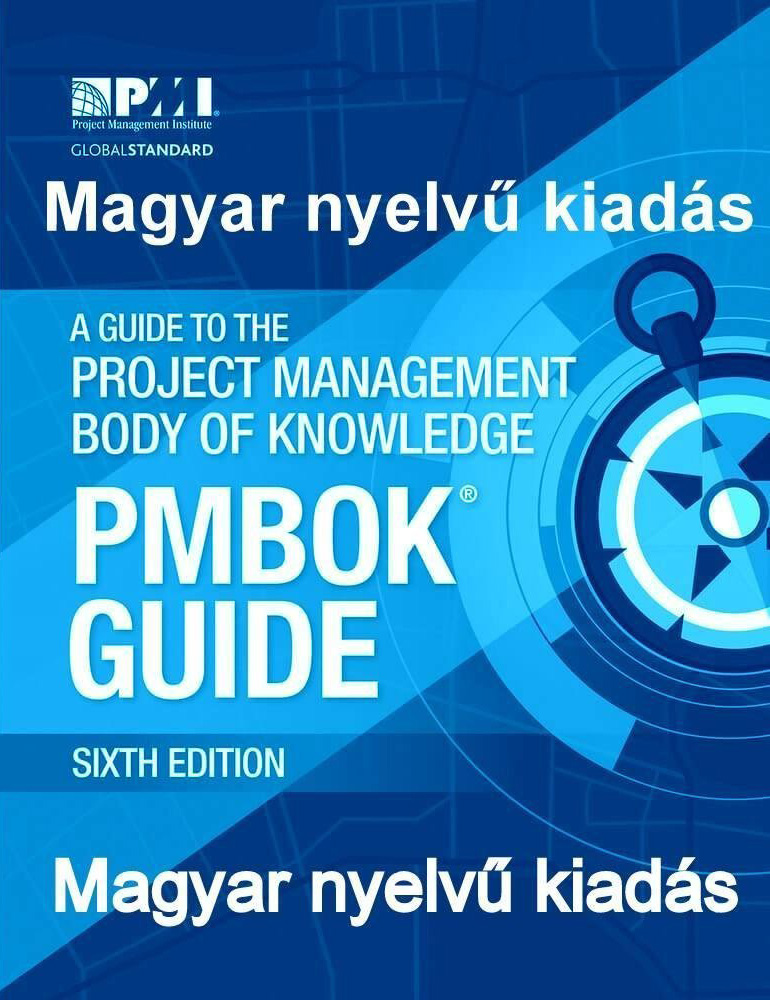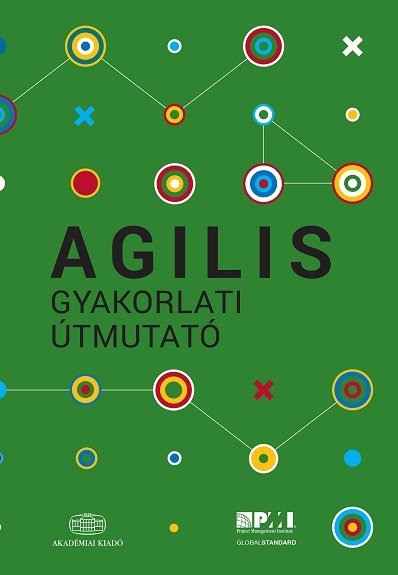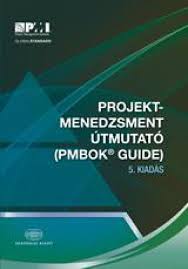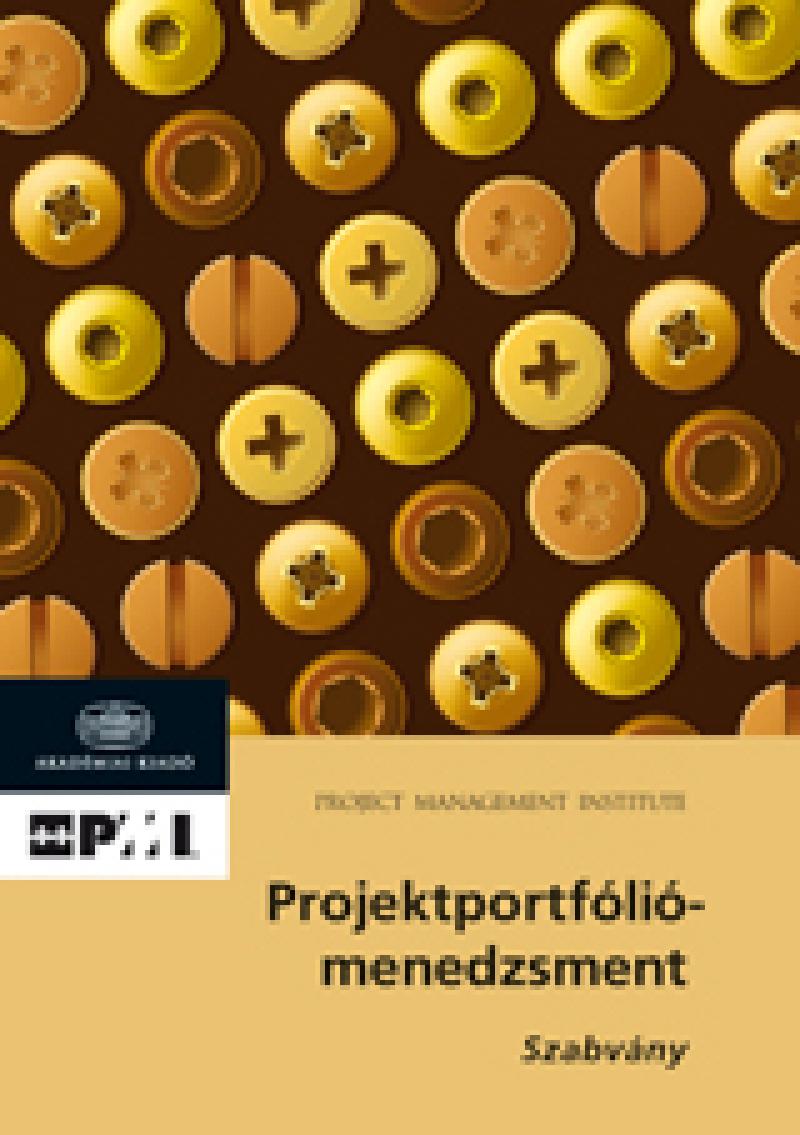Our special guest was Agnieszka Gasperini, regional mentor of PMI Central Europe who shared her thoughts and experiences about PM trends and the role of PMI in strengthening the global recognition of project management.
After having organized the monthly Board meeting between 2 and 5 pm, almost 35 PM professionals gathered at GRUND to take part in the forthcoming PMPub, second time this year. Imre Szalay, president of PMI Hungary Budapest Chapter was the moderator of the event. First he introduced PMI and the major activities of the Hungarian Chapter, then he started the conversation with Agnieszka.
Agnieszka started her PM career in 2002 when she obtained her PMP certification. At her workplace, she trained her colleagues for PM methods, tools and techniques. She started her own business in 2003 as a PM trainer and coach. She has had many trainings and PM programs all around the world so far. She was one of the founders of PMI Poland in 2004.
In the following we summarize Agnieszka’s thoughts about PM trends and the role of PMI referring strengthening PM activities in the region:
PM trends in Poland and worldwide:
- Project management is a growing market. There are more and more PM related certifications and professionals having PM certificates. In some years, there will be more than 5 billion projects and activities all around the world.
- Hungary, Poland, Romania and Bulgaria are the most active countries in PMI Central Europe region, though other countries are getting stronger as well.
- There is one PMI chapter in Poland, but there are 10 so called branches in the country as well.
- Agnieszka emphasized two non-European examples, where the presence of PM is strong: Australia where things can be easily done in PM-way; and Chile which is quite “German” in terms of delivering projects.
- There are several universities in Poland with PM classes but it is always a question whether PM can be learned in schools or people should obtain experiences in “real life”. Universities can be effective to teach the basics of project management (methods, tools). There are some special programs in kindergarten and primary schools as well to teach children for “PM skills for life” by playing games. PMI also seeks the opportunities to cooperate with schools and universities.
- Business Analyst is PMI’s latest certification (PMI-PBA) which is important not only for business analyst but those who wants to understand the business needs of organizations or clients.
- PMI’s Talent Triangle also contributes to strengthen the role of project managers at companies (technical project management; strategic and business management; leadership). The method of earning PDUs also follow the Talent Triangle’s approach.
- In terms of PM trends, people are always talking about agile, but it is more important to understand the real needs of the organization. Therefore PM professionals have to use PM tools and techniques in a flexible way.
- Focusing on people (human skills) has become more important than to have technical skills during undertaking projects.
- With a PMP certification, professionals don’t earn more money in Hungary, but they might easier find a job.
PMI role in strengthening PM presence in the region:
- It is quite expensive to take part in a PM congress (in Western Europe), but there are many good events in Central Europe, organized by local PMI chapters, that can be utilized by colleagues and PM professionals.
- Neighbor chapters have to collaborate with each other to share their experiences, techniques and knowledge.
- PM colleagues can belong to a professional organization. They can find PM (PMI) people much more easier just saying I’m a PMI member.
- There are more than 200 PMI chapters globally, and professionals can share their knowledge with each other.
- There are plenty of PM related books and materials which are free for PMI members.
- PMI publishes PM researches for PMI member for free.
- Why is it important to be a local chapter member? The chapter fee is not high. We have to understand that local chapters work for free, chapter members are volunteers. Chapters have to finance their programs and their “back office” support by local chapter fees.
- Local PM professionals can find each other more effectively by being a chapter member (networking; finding new jobs etc.).
- They can participate in local meetings and events for free or for reduced prices.
In the name of PMI Budapest Chapter we would like to thank Agnieszka for coming and sharing her thoughts in PMPub!
We would like to remind you that the next PMPub will be in September and
the Art Of Projects 2016 conference will be on 10th November!



